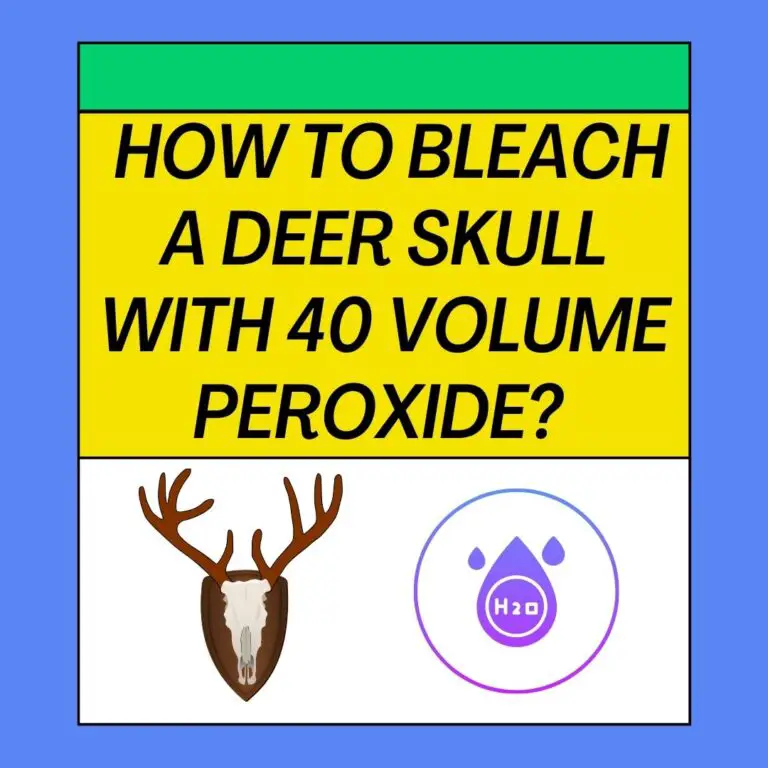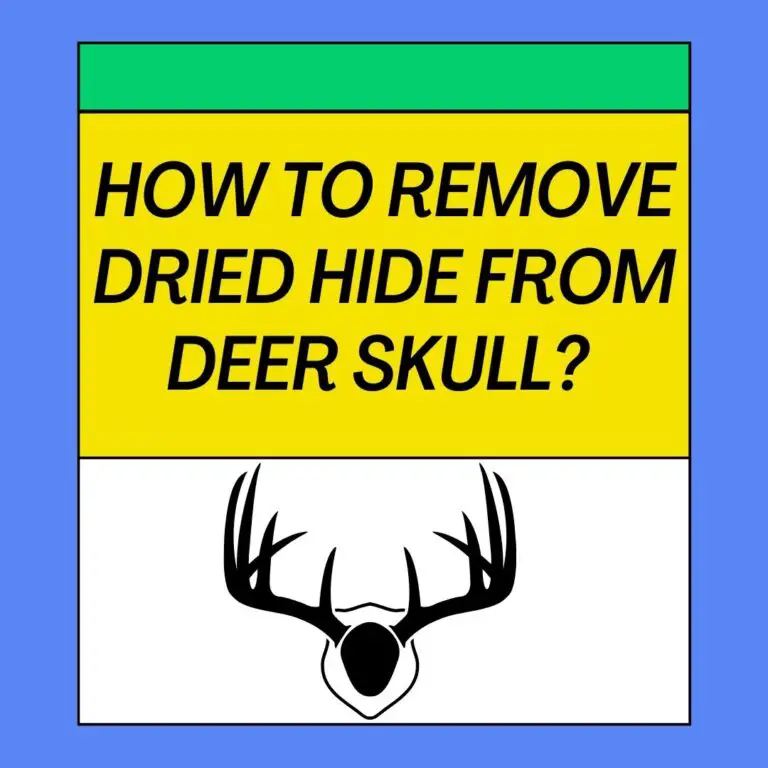
The idea of hunting deer with a .177 pellet gun may seem unusual, as deer are typically pursued with firearms designed for larger game. However, curiosity about the capabilities of different weapons is common among hunters and shooting enthusiasts.
In this comprehensive article, we will explore the possibilities and limitations of using a .177 pellet gun for deer hunting, delving into factors like caliber choice, shot placement, and ethical considerations. By the end, you’ll have a clearer understanding of whether a .177 pellet gun can effectively and humanely take down a deer.
Understanding .177 Caliber Pellet Guns
Before we delve into whether a .177 pellet gun can kill a deer, let’s explore the characteristics of .177 caliber firearms.
Characteristics of .177 Caliber
The .177 caliber, also known as 4.5mm, is one of the most common pellet sizes for air rifles. These guns are primarily designed for small game hunting, target shooting, and pest control. They typically use pellets made of lead or other materials.
Power and Energy
The power and energy generated by a .177 pellet gun vary widely depending on the specific rifle, pellet type, and propulsion method (spring, gas piston, or compressed air). While .177 caliber air rifles can achieve velocities exceeding 1,000 feet per second (fps), the kinetic energy they deliver is relatively low compared to firearms designed for larger game.
Deer Anatomy and Shot Placement
For any hunting weapon, shot placement is crucial. To understand whether a .177 pellet gun can effectively kill a deer, it’s essential to consider deer anatomy. Vital organs, including the heart and lungs, must be hit for a quick and humane kill. Achieving this with a .177 pellet gun requires exceptional accuracy and knowledge of deer anatomy.
The Ethics of Deer Hunting with a .177 Pellet Gun
Ethical hunting involves making clean and humane kills. Using a firearm that may not deliver swift, humane kills can lead to suffering for the animal. It’s essential to consider whether it’s ethically responsible to hunt deer with a .177 pellet gun.
Legal Considerations
Before attempting to hunt deer with a .177 pellet gun, hunters must familiarize themselves with local hunting regulations and laws. Many regions have specific caliber and energy requirements for hunting certain game animals, including deer.
Factors That Affect the Lethality of .177 Pellets
Several factors can influence the lethality of .177 pellets for deer hunting:
Pellet Type
The type of pellet used plays a significant role. Hollow-point or soft-point pellets can cause more damage upon impact, potentially increasing lethality.
Velocity and Accuracy
Higher pellet velocities and improved accuracy increase the likelihood of hitting vital organs. However, achieving both requires a high-quality rifle and skilled marksmanship.
Range
Deer hunting typically occurs at longer ranges than small game hunting. The effectiveness of a .177 pellet gun decreases as the range increases.
Pellet Penetration
Pellet penetration is critical. A pellet must penetrate deeply enough to reach vital organs and ensure a clean kill.
Alternatives to .177 Caliber for Deer Hunting
Hunters looking to ethically and effectively hunt deer are encouraged to consider alternative calibers, such as .243, .270, or .30-06 rifles, which are specifically designed for larger game.
Can a .177 Pellet Gun Kill a Deer? Real-World Experiences
Exploring real-world experiences and anecdotal evidence can shed light on the effectiveness of .177 pellet guns for deer hunting. While some hunters have successfully taken down deer with .177 pellets, these instances are rare and often require perfect conditions and exceptional marksmanship.
Deer Hunting with a .177 Pellet Gun: A Conclusion
In conclusion, using a .177 pellet gun for deer hunting is not recommended due to ethical, legal, and practical considerations. While it’s theoretically possible to take down a deer with a .177 pellet gun under ideal conditions, the likelihood of a humane and quick kill is low.
FAQs: Common Questions About .177 Pellet for Deer Hunting
Let’s address some common questions regarding the use of .177 pellet guns for deer hunting:
Is it legal to hunt deer with a .177 pellet gun?
Laws regarding the use of air rifles for deer hunting vary by region. Check local hunting regulations to determine if it’s legal in your area.
What is the effective range of a .177 pellet gun for deer hunting?
The effective range is relatively short compared to firearms, typically under 50 yards, and decreases with the caliber.
Can a .177 pellet gun provide a humane kill on a deer?
While possible, it’s not considered humane or ethical to use a .177 pellet gun for deer hunting due to the risk of wounding rather than cleanly killing the animal.
What caliber is recommended for deer hunting?
For deer hunting, larger calibers like .243, .270, or .30-06 are recommended to ensure ethical and humane kills.
Are there any pellet gun calibers suitable for deer hunting?
Calibers such as .22 and .25 are considered more suitable for hunting small game and pests, but they may still lack the necessary power and energy for ethical deer hunting.
Should I consult with local authorities before attempting to hunt deer with a pellet gun?
Absolutely. Always consult with local wildlife authorities and adhere to hunting regulations to ensure legal and ethical hunting practices.
Conclusion
While a .177 pellet gun can theoretically kill a deer under ideal conditions, it’s not a practical or ethical choice for deer hunting. To ensure humane and effective deer hunting, hunters should opt for larger-caliber firearms designed for big game, prioritize shot placement, and adhere to legal and ethical hunting practices.






